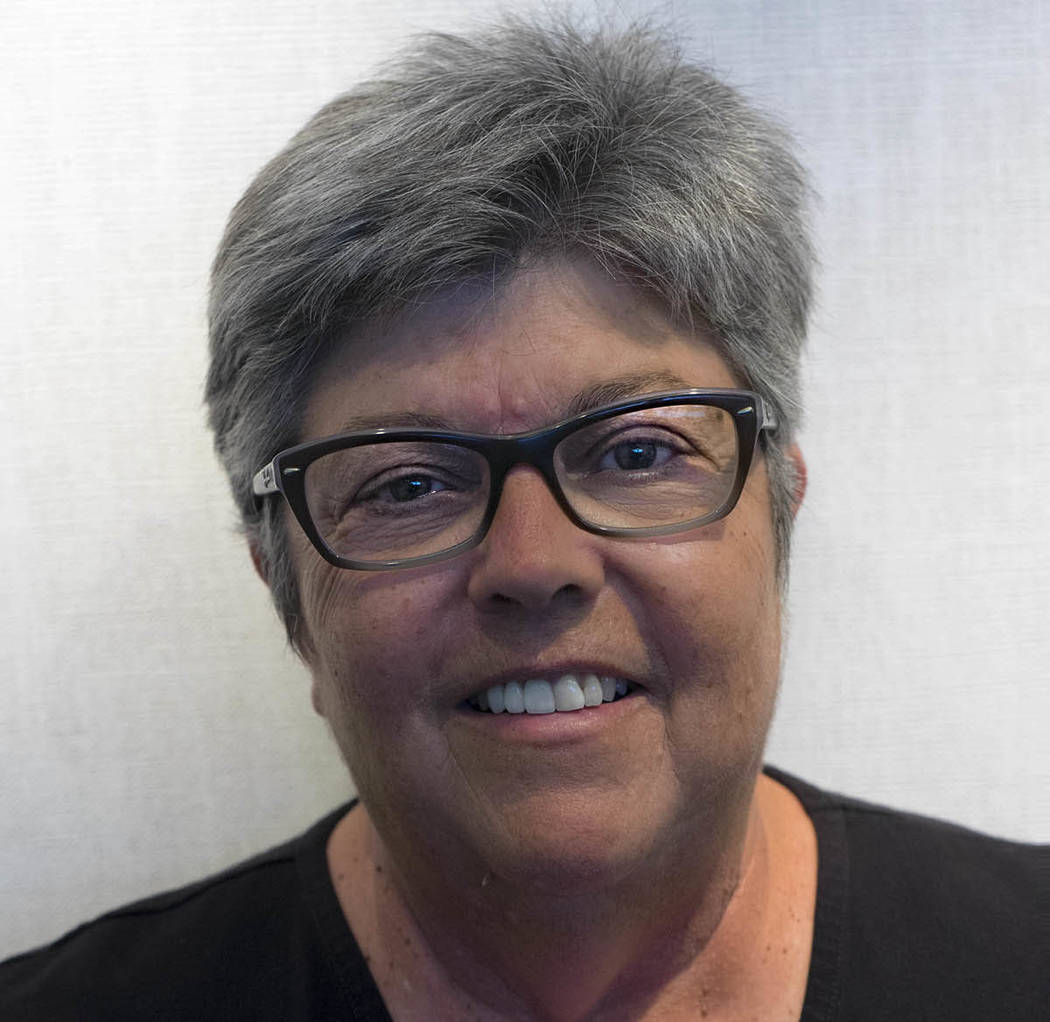Life’s experiences shape one’s beliefs
Why do we do what we do? And, on the other hand, why don’t we do certain things? Rough questions to answer, but here are some thoughts to chew on.
People do or don’t do what they do because they are who they are. That’s my first thought. They’ve always done it this way, or for as long as they can remember. That’s just the way it is. They don’t think about why they do something. They act, or maybe, react. They have been conditioned a certain way.
I’m not a social scientist or any type of scientist, so I’m not offering facts, just what I mull over when thinking about folks’ actions as well as lack of any kind of response.
Many act, react or do without thinking. Actions are automatic. Many don’t analyze small, medium or large actions. Influences from parents, relatives, friends, teachers, religious or non-religious leaders, famous personalities, one’s community and other factors play a role in making us and what we do, or don’t do, part of us. For many of our daily actions, that’s just fine, but what about when it comes to important issues such as voting and supporting candidates who are in the arena to support the interests of the electorate?
Growing up in Chicago, in “the boss” Mayor (Richard) Daley’s neighborhood no less, voting and politics was always front and center in my life. I remember talking to my mother about candidates and forming opinions about politicians when I was about 8 or 9 years old. One of my grade school teachers also made local politics, national and world events part of our lessons. Sure, I wanted to get good grades and listened intently to everything he said, but I relished his lectures and read and watched all he suggested.
I can’t tell you why I questioned Chicago’s political machine or why I didn’t believe everything I heard on the TV news or read in the newspapers, but it was certainly influenced by my mother and my grade school teacher, Chuck Pellegrini.
I also never appreciated the way the precinct captain would come to our door around election time to tell my mother who she was supposed to vote for. He would follow that up with: “You need a new garbage can? How many free tickets to the circus do you want?”
It also could have had something to do with all the Chicago newspapers I saw delivered to our grocery store every day. All the papers had the same headline. How did that happen? Did all the editors of all the papers get together and decide what the headlines of the day were going to be? Was someone “in charge” of the news? I always thought the TV and newspaper similarities were too much of a coincidence for my taste, even when I didn’t know what my taste was.
You know how kids won’t eat this or that, but they’ve never tasted it? That’s what I think about people and why they do what they do, or don’t do. They won’t try something different or learn something different. They’ve got it all figured out and that’s that. You talk to them calmly. Then, you argue, but there is no getting through to some people.
Common sense or reasoning doesn’t work. Things are the way they are, they believe. Don’t attempt to introduce analysis or logic into a conversation. They know best, and they refuse to let anything, including facts, get in their way.
When I think about politics and candidates, I think about one thing: What is most beneficial to the people, the public purpose. If we don’t agree on that point, no amount of words is going to change your mind.
What I know for certain is that I was always searching for a framework or a lens through which I could see the reason why I did what I did. When I learned how the federal monetary system works and how it is possible for Congress to appropriate spending to give people what they need and deserve, I knew my actions weren’t futile. All my past life influences took me to a place where I do what I do to benefit all.
Rose Ann Miele is a journalist and was public information officer for Boulder City for nine years. She is the national outreach director for Real Progressives. She can be reached at roseannrab@hotmail.com or at 702-339-9082.





